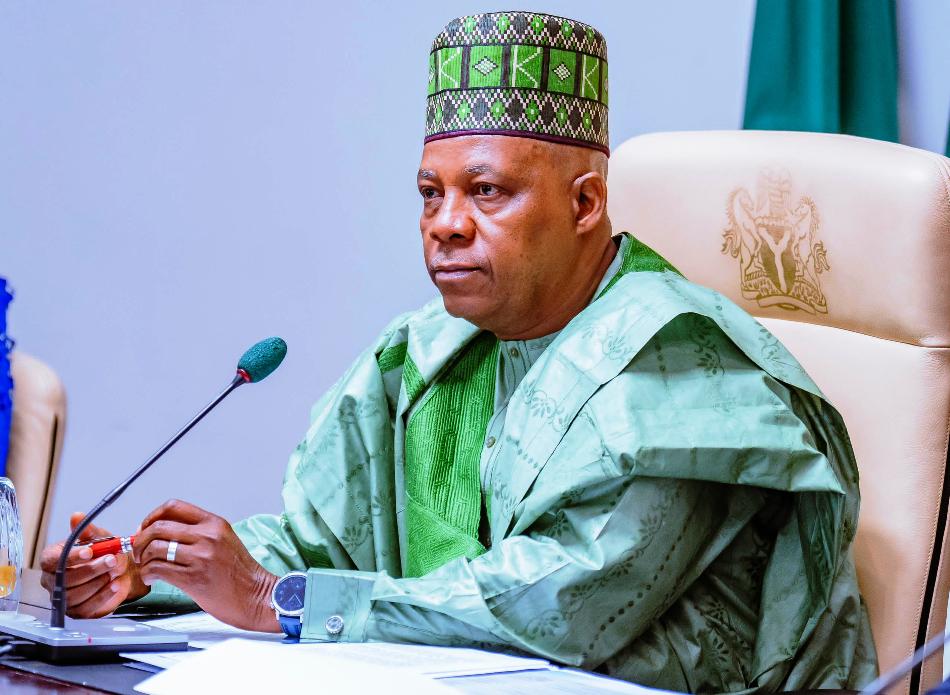Nigeria’s Vice President, Kashim Shettima, has inaugurated the Interministerial Committee on Research and Innovation aimed at ensuring food and energy security, reducing Nigeria’s dependence on imports, and driving the nation toward becoming a trillion-dollar economy within the next decade.
The inauguration, which took place on Thursday at the Presidential Villa in Abuja, is part of the Tinubu administration’s broader agenda to align intellectual and financial capital in building what Shettima described as “the cockpit from which Nigeria’s innovation economy will be piloted.”
Speaking at the event, Shettima emphasised that the mission transcends the ceremonial formation of a committee, highlighting instead its critical role in shaping Nigeria’s future.
“We are here to breathe life not into this Committee, but into a bold mission: to build Nigeria into an innovation-driven, trillion-dollar economy within a decade. The future we desire is not something we inherit. It is something we build,” the Vice President stated.
He underscored that innovation remains the core currency of any thriving civilisation, warning that no society has ever advanced by maintaining the status quo. According to him, Nigeria must invest in research, compare its capabilities against global standards, and boldly define the trajectory of its development.
“None of this is possible without research — the mother of all the inventions that have guided humanity through the waves of the Industrial Revolutions,” Shettima noted. “This gathering is a declaration of our collective resolve to till the soil, explore the seas, and scout the space of knowledge to understand the consequences of our choices.”
Highlighting the committee’s mandate, the Vice President revealed that its primary focus would revolve around five strategic sectors with the power to transform the Nigerian economy: Agriculture and Climate Resilience: To advance food security while protecting the environment, Manufacturing Excellence: To reduce dependency on imports and establish robust, locally-driven supply chains.
Healthcare Innovation: To shift Nigeria from importing medicines to exporting medical breakthroughs.
Natural Resource Optimisation: To move beyond the export of raw materials and embrace value-added production.
Energy Security: To ensure stable, sustainable power for economic growth and national security.
Shettima stressed that the committee’s work would not merely be about collecting data but about delivering measurable outcomes, including a significant reduction of Nigeria’s food import bill by at least 50% and a targeted tripling of local pharmaceutical production.
“This committee is about missions, not just metrics. We will not be content with data for dashboards—we want deliverables that change lives,” he asserted.
Looking ahead, Shettima announced that the committee would also prepare the groundwork for the first-ever Presidential Plenary on Innovation, an annual summit approved by President Bola Ahmed Tinubu, which will bring together leaders from academia, research institutes, industry, and civil society to synchronise national innovation priorities.
“This plenary will be addressed by Mr President himself, because innovation is a presidential area of priority. It is central to his vision for a new Nigeria,” he affirmed.
Earlier in his remarks, the Minister of Innovation, Science, and Technology, Mr. Uche Nnaji, lauded the Vice President for his leadership and applauded the synergy displayed by relevant ministries, departments, and agencies in advancing the administration’s research and innovation agenda.















